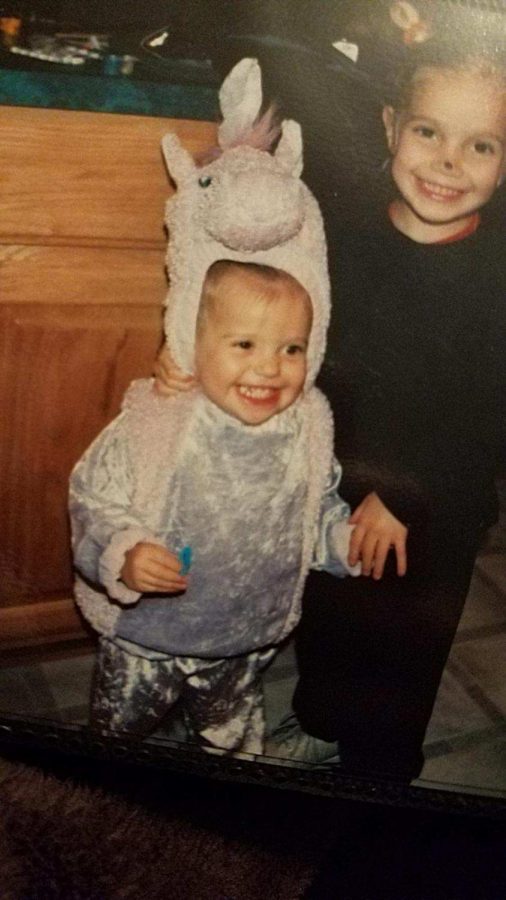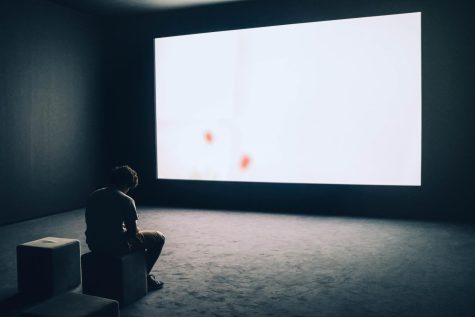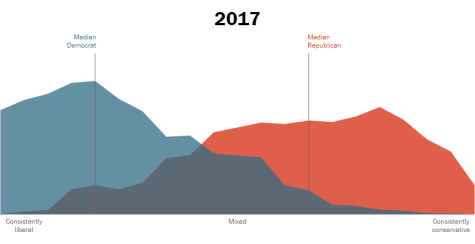Should Teens be Allowed to Trick-or-Treat?
Young Megan Moore is all dressed up to go trick or treating.
October 20, 2019
Halloween is just around the corner, but with the chilly weather, scary costumes, and pumpkin-flavored everything, controversy comes over the age of trick-or-treaters.
Every year on October 31st, people around the world celebrate Halloween. Some have traditions of watching scary movies, carving pumpkins, and going to haunted houses. For those who are most passionate about the holiday, however, nothing can beat the joy of dressing up and going trick-or-treating.
Unfortunately, this is not always acceptable in today’s society. In many American neighborhoods, teenagers are viewed as ‘too old’ to trick-or-treat and are instead denied candy and mocked.
In fact, some Virginia cities like Chesapeake, Newport News, and Norfolk, have laws that prevent teens from participating. According to the updated Chesapeake City ordinances, “If any person over the age of 14 years shall engage in the activity commonly known as ‘trick or treat’ or any other activity of similar character or nature under any name whatsoever, he or she shall be guilty of a Class 4 misdemeanor.”
Some BDHS students shared their thoughts.
Junior Megan Moore shares, “I stopped in 8th grade,” referring to her last time trick-or-treating. She agrees that after 8th grade, teens should celebrate Halloween in other ways. “It’s like taking candy from kids,” she adds.
It’s like taking candy from kids.
— Megan Moore
Sophomore Ashly Cutcliff admits that she was 11 when she stopped trick-or-treating. Instead, she prefers decorating her house and spending time with friends. Unlike Moore, Cutcliff shares “You shouldn’t have to stop until you feel like it.”
Clearly, BDHS and the nation are divided on teen trick-or-treaters.











